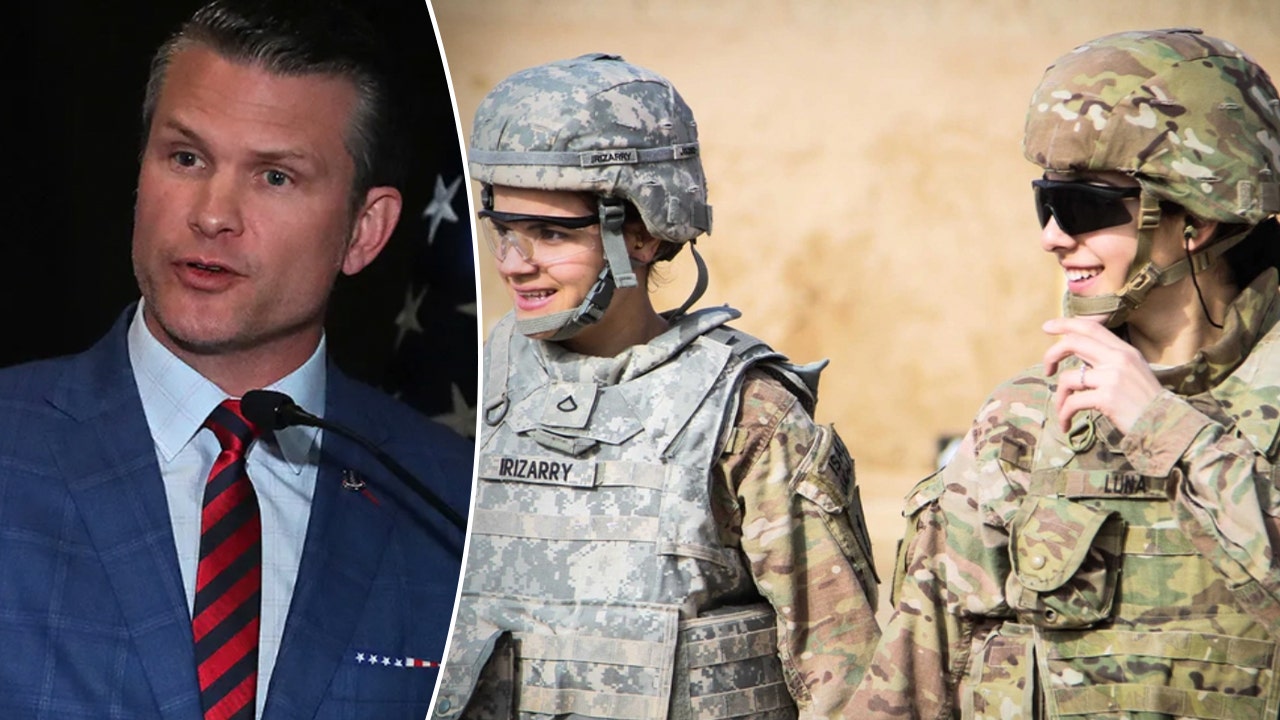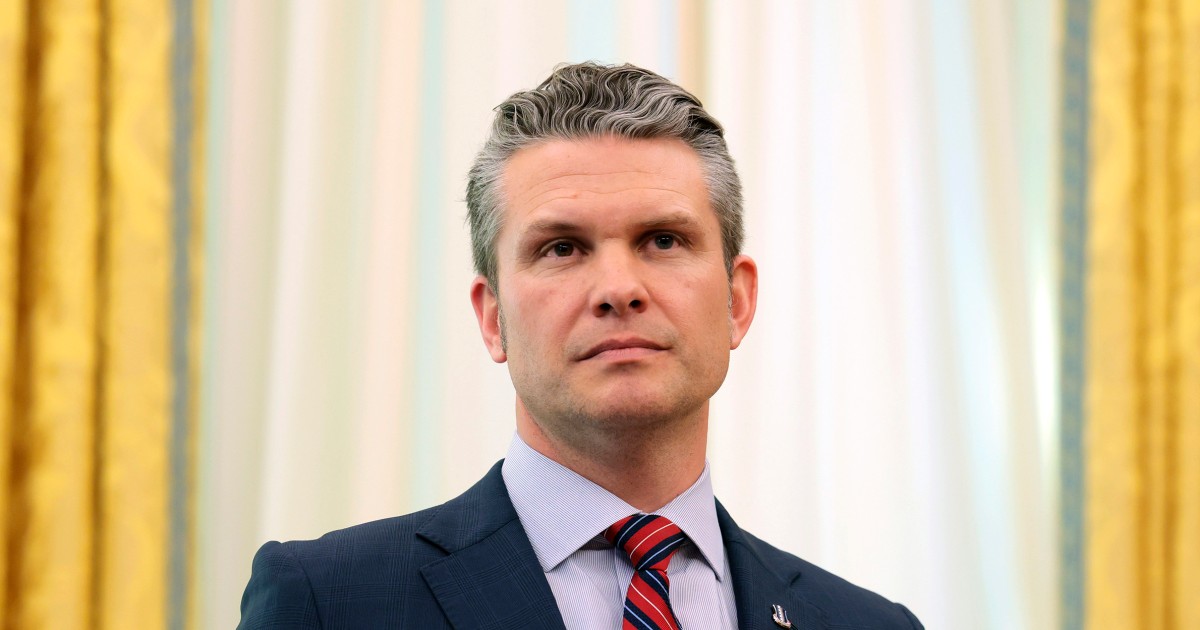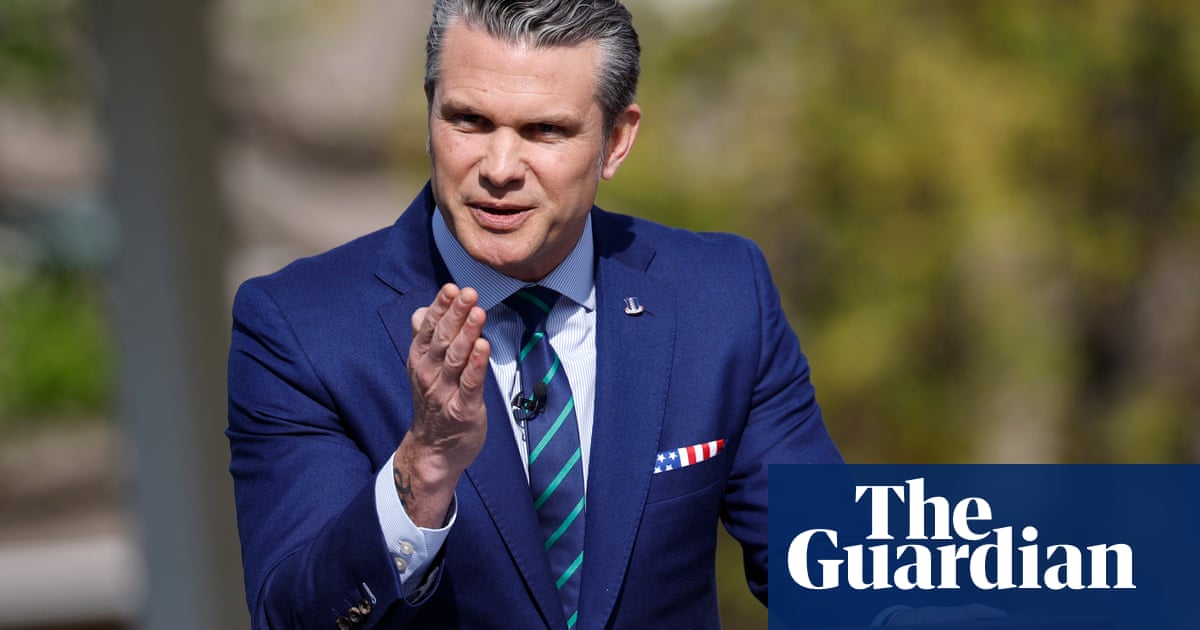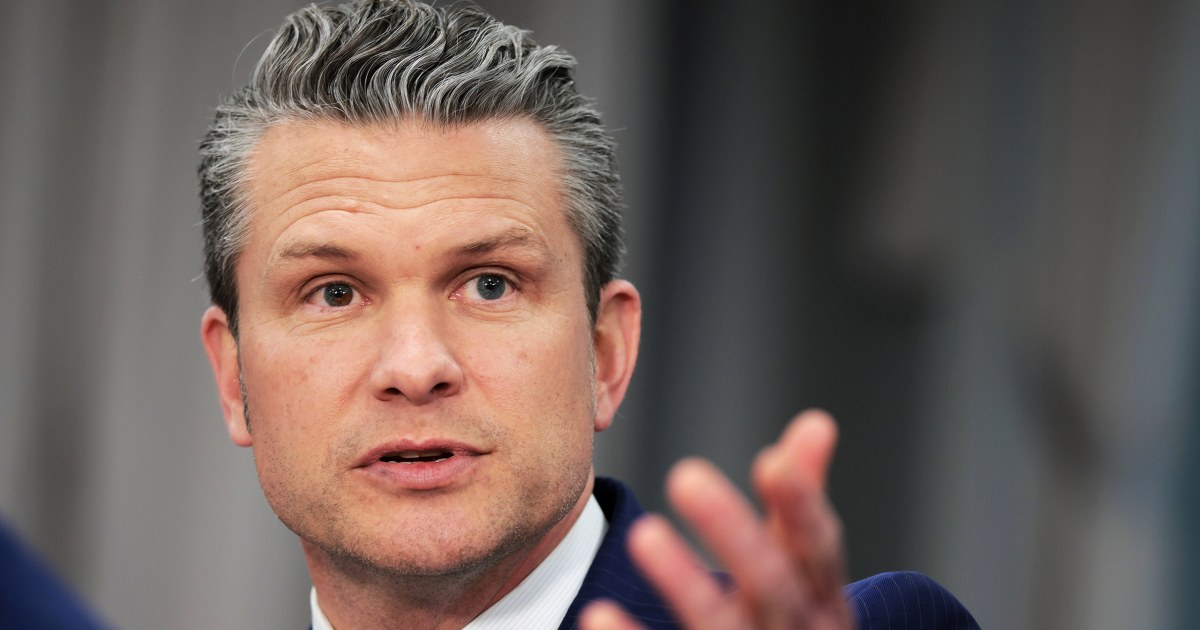Defense Secretary Pete Hegseth Ends Women, Peace, and Security Program Despite Bipartisan Support
Hegseth dismisses WPS as a ‘woke’ initiative, facing backlash despite its bipartisan origins and proven benefits highlighted by military officials.
Subscribe to unlock this story
We really don't like cutting you off, but you've reached your monthly limit. At just $5/month, subscriptions are how we keep this project going. Start your free 7-day trial today!
Get StartedHave an account? Sign in
Overview
Defense Secretary Pete Hegseth proclaimed the termination of the Women, Peace, and Security (WPS) program, labeling it a ‘woke initiative.’ This decision, however, contradicts its bipartisan origins in Trump’s administration, with military leaders advocating for its benefits. Senate Democrats criticized Hegseth's claims, emphasizing that the program has notably aided in conflict environments by allowing female officers to engage with local women and children. The program, aimed at enhancing women's roles in security efforts, was co-authored by prominent Republicans and celebrated internationally for its impact since its inception in 2017.
Report issue

Read both sides in 5 minutes each day
Analysis
Analysis unavailable for this viewpoint.
Articles (11)
Center (2)
FAQ
Military officials noted the WPS program enhanced security by integrating women's insights into conflict strategies, improving engagement with local women and children in conflict zones, and strengthening U.S. security efforts overall[4][5].
Kristi Noem (then a Congresswoman) co-sponsored the 2017 bipartisan bill, which was signed into law by Trump and supported by Republicans like Marco Rubio and Mike Waltz[1][2][4].
Hegseth claimed the Biden administration 'distorted & weaponized' the program, turning it into a 'woke divisive/social justice' initiative, despite its bipartisan Trump-era origins[2][4].
Hegseth ordered military departments to develop 'sex-neutral' physical fitness standards, raising concerns among female soldiers about potential erosion of gender-specific accommodations[2].
The Trump administration touted it as advancing 'women's economic empowerment' and improving security by incorporating women's roles in conflict resolution[1][4].
History
- 5M

 6 articles
6 articles








